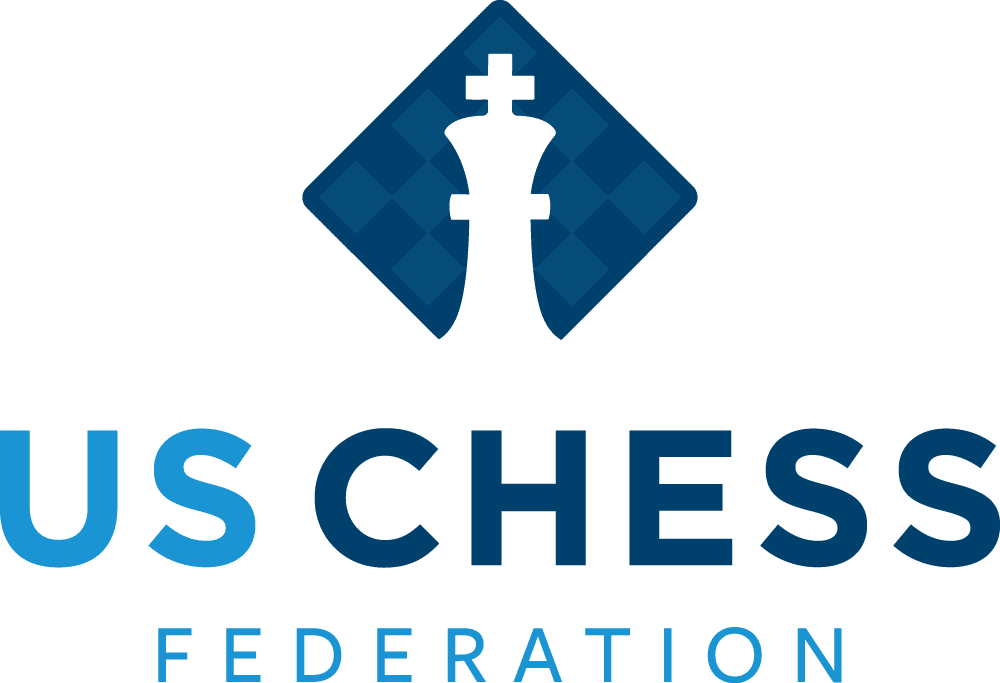chess lessons for kids
Chess Lessons for Kids: The Gateway to a World of Infinite Possibilities
Chess stands out as a beacon of discipline and strategy in life. Teaching chess lessons for children is not just a game, it is an investment in their future. This article explores the benefits of chess lessons for kids.
In the intricate and ever-evolving maze of life, chess stands out as a beacon of discipline, strategy, and critical thinking. While adults delve into this world with seasoned minds, children approach it with a fresh, unburdened perspective. Introducing chess to kids isn't merely about teaching them a game; it's about gifting them a skill set that will aid them throughout life. This article explores the numerous benefits of chess lessons for children and why it might be the best investment for their future.
Unlocking a Child's Potential: The Chess Way
- Brain Development: Children's brains are malleable and grow rapidly. The tactical and strategic nature of chess stimulates neural connections, fostering improved memory and enhanced cognitive abilities.
- Life Skills: Through the silent discourse of moving pieces, kids learn patience, discipline, and the value of meticulous planning. They grasp the importance of thinking ahead and anticipating consequences.
- Academic Excellence: Numerous studies indicate that children who play chess consistently perform better in subjects like Mathematics and Science. The analytical skills acquired on the chessboard translate seamlessly into academic prowess.
Customizing the Learning Journey
- Age-Appropriate Lessons: Not all chess lessons are created equal. It's crucial to ensure that lessons are tailored to a child's age, blending the right mix of fun and challenge.
- Incorporating Technology: Modern children are digital natives. Integrating tech tools like chess software and interactive online platforms can make learning more engaging.
- Tournament Exposure: As kids progress, introducing them to local chess tournaments can boost their confidence and offer a practical application of their lessons.
Improve your game technique at our academy!
The Social Tapestry of Chess
- Building Friendships: Chess clubs and lessons often lead to deep-rooted friendships. Kids bond over shared interests, learning teamwork and camaraderie.
- Handling Defeat: In the realm of chess, losses are inevitable. Facing defeat teaches children resilience, humility, and the spirit of bouncing back.
- Celebrating Victories: On the flip side, the joy of checkmating an opponent or winning a tournament instills a sense of accomplishment and the importance of celebrating small victories.
Why Start Early?
- Neuroplasticity: A child's brain exhibits higher neuroplasticity, meaning it's more adaptable. Introducing chess early taps into this adaptability, making skill acquisition faster and more efficient.
- Developing a Hobby: In the age of screens and instant gratification, chess offers a refreshing change. It becomes a lifelong hobby, ensuring kids have a constructive outlet at all stages of life.
- Career Opportunities: The world of professional chess is expansive. Early exposure can pave the way for national championships, international tournaments, and even lucrative careers in chess.
In Conclusion
Chess lessons for kids are more than just an extracurricular activity; they are a treasure trove of life lessons, intellectual stimulation, and opportunities for growth. As parents or guardians, steering a child towards the enchanting world of chess could be one of the most rewarding decisions made for their holistic development. After all, in the words of the great Anatoly Karpov, “Chess is everything: art, science, and sport.” Let's gift our children this universe of infinite possibilities.
Time to make a difference in chess play!
Partners and collaborators




